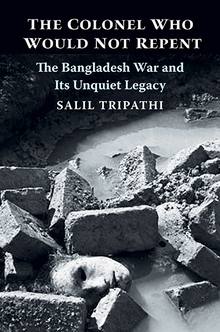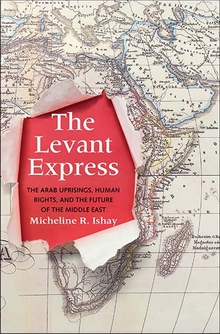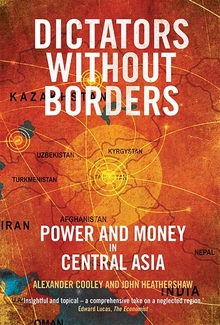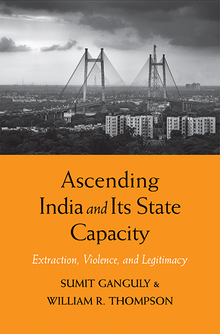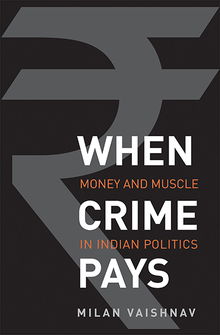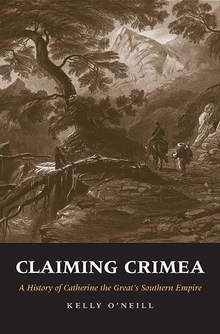The Colonel Who Would Not Repent
WARNING
You are viewing an older version of the Yalebooks website. Please visit out new website with more updated information and a better user experience: https://www.yalebooks.com
The Bangladesh War and Its Unquiet Legacy
Salil Tripathi
A searing, kaleidoscopic portrait of Bangladesh from the 1947 Partition to the present
Bangladesh was once East Pakistan, the Muslim nation carved out of the Indian Subcontinent when it gained independence from Britain in 1947. As religion alone could not keep East Pakistan and West Pakistan together, Bengali-speaking East Pakistan fought for and achieved liberation in 1971. Coups and assassinations followed, and two decades later it completed its long, tumultuous transition to parliamentary government. Its history is complex and tragic—one of war, natural disaster, starvation, corruption, and political instability.
First published in India by the Aleph Book Company, Salil Tripathi’s lyrical, beautifully wrought tale of the difficult birth and conflict-ridden politics of this haunted land has received international critical acclaim, and his reporting has been honored with a Mumbai Press Club Red Ink Award for Excellence in Journalism. The Colonel Who Would Not Repent is an insightful study of a nation struggling to survive and define itself.
Bangladesh was once East Pakistan, the Muslim nation carved out of the Indian Subcontinent when it gained independence from Britain in 1947. As religion alone could not keep East Pakistan and West Pakistan together, Bengali-speaking East Pakistan fought for and achieved liberation in 1971. Coups and assassinations followed, and two decades later it completed its long, tumultuous transition to parliamentary government. Its history is complex and tragic—one of war, natural disaster, starvation, corruption, and political instability.
First published in India by the Aleph Book Company, Salil Tripathi’s lyrical, beautifully wrought tale of the difficult birth and conflict-ridden politics of this haunted land has received international critical acclaim, and his reporting has been honored with a Mumbai Press Club Red Ink Award for Excellence in Journalism. The Colonel Who Would Not Repent is an insightful study of a nation struggling to survive and define itself.
Salil Tripathi has been a foreign correspondent in Singapore and is a contributing editor to Mint and Caravan, both published in India. A former board member of English PEN, he works at a human rights organization in London and has been a visiting fellow for business and human rights at Harvard’s Kennedy School of Government. He lives in London, UK.
“Superb and harrowing. . . . A fine and judicious account of the horrors of the Bangladesh war of independence.”—Philip Hensher, The Guardian
“This is a compelling, haunting chronicle of the tragic recent history of Bangladesh. A heartbreaking tale of war, famine, insurgency, coups, and democratic politicking, Salil Tripathi’s powerful book is important reading for anyone trying to understand modern South Asia.” —Gary J. Bass, author of The Blood Telegram: India's Secret War in East Pakistan, a finalist for the Pulitzer Prize
“Many nation-states of Asia and Africa were once celebrated for their bold act of self-determination. They are best understood today through their failure to break free of their bloody origins, and their always likely descent into anarchy. Salil Tripathi's book resourcefully and grippingly describes Bangladesh's tormented search for truth and justice, and its implications for the stability of one of world's largest Muslim countries.”—Pankaj Mishra, author of From the Ruins of Empire, and winner of the Windham-Campbell Prize for Non-Fiction
“Salil Tripathi brings together the narrative skill of a novelist and the analytical tools of a political journalist to give us the story of a nation that is absorbing, haunting and illuminating.”—Kamila Shamsie, author of In the City by the Sea and A God in Every Stone
“A sensitive and nuanced account of the story of Bangladesh based on eye witness narratives of key players as well as ordinary citizens that make the book a riveting reading. It puts together materials from various sources and presents the contestations, contradictions and dilemmas of Bangladeshi politics in a balanced yet highly readable style. The study will be of use both to a scholarly and a popular audience.”—Rounaq Jahan, Distinguished Fellow, Centre for Policy Dialogue, Dhaka, Bangladesh
“Tripathi’s book revisits Bangladesh’s founding in comprehensive detail. Poignantly, its publication comes at a moment when the nation seems on the verge of its next existential crisis—one that includes now-frequent slayings that the author himself is speaking up against. . . . The book functions best to fill in history’s rough outline with vivid depictions of wartime conditions; stories of common courage; and rare, specific recognition of innocents who died. . . . The Colonel Who Would Not Repent serves as a primer to the current crisis.”
—M. Sophia Newman, The Millions
“[A] searing account . . . one of the finest contemporary histories of the period . . . a fine contribution to understanding the deeper causes of a war that killed hundreds of thousands. . . . Vivid accounts of events and places, and Tripathi’s moving interviews with survivors make for rewarding, if harrowing, reading.”—Nayan Chanda, Global Asia
“Tripathi’s lyrical history of 1971 and its legacy is thus a welcome addition to the burgeoning body of work addressing Bangladesh’s independence struggle and its consequences for contemporary politics of nationhood.”—Paul Gilbert, LSE Review of Books
“Engaging, shrewd, and earnest.”—A. Ahmad, Choice
ISBN: 9780300218183
Publication Date: April 26, 2016
Publication Date: April 26, 2016
408 pages, 6 x 9
Sales Restrictions: World excluding the Indian subcontinent

